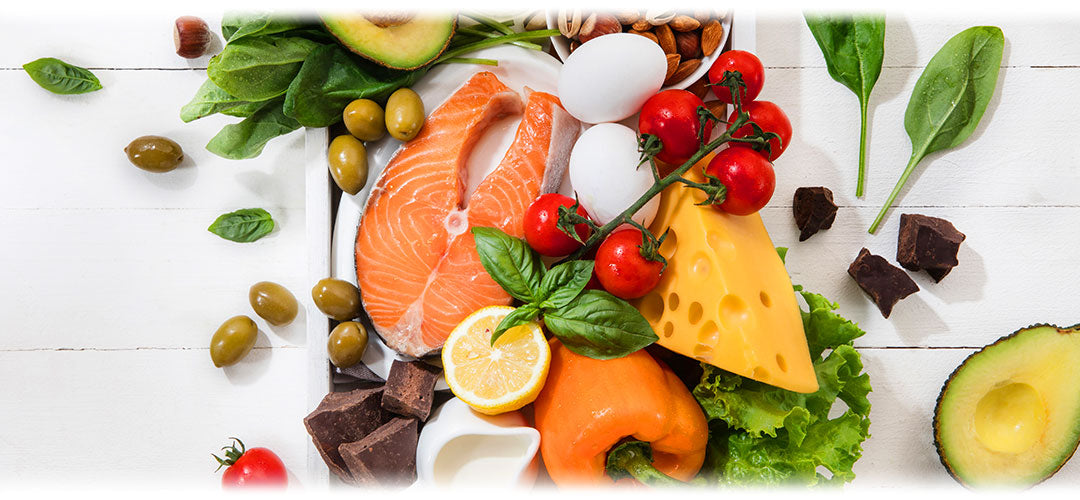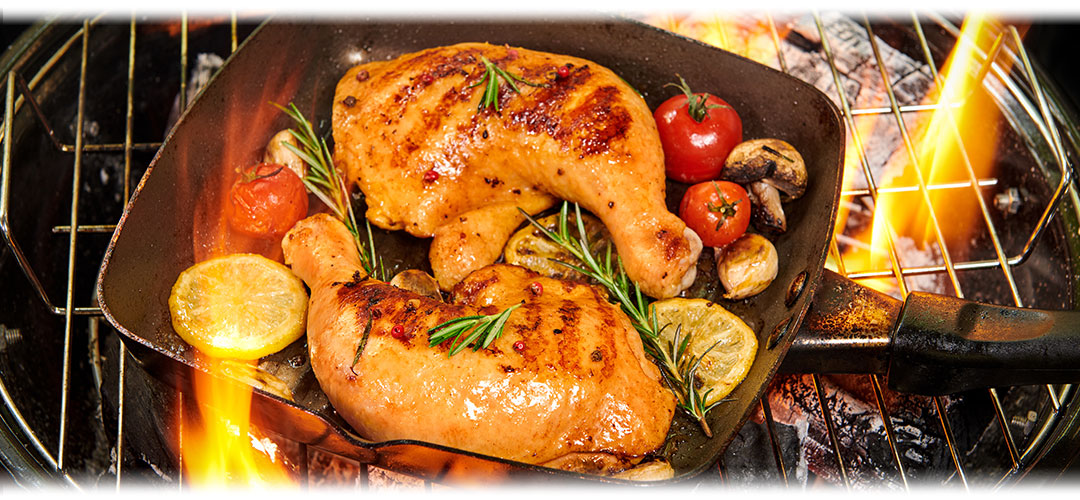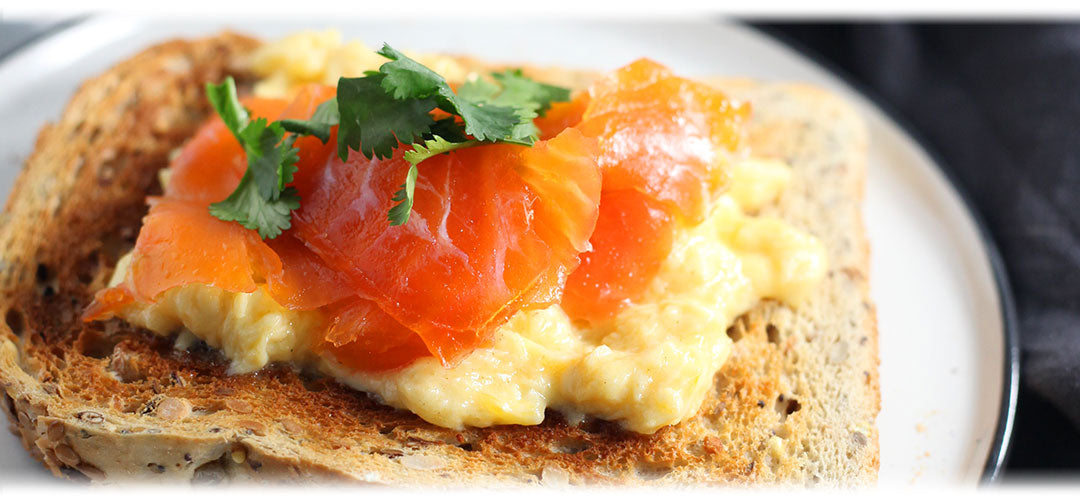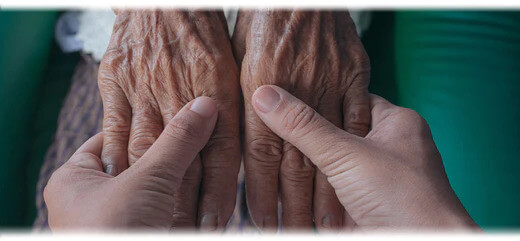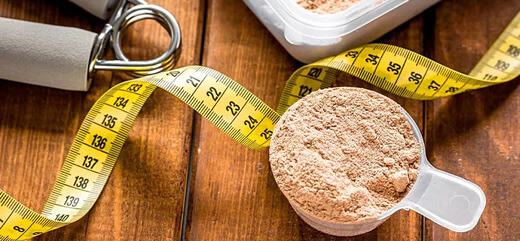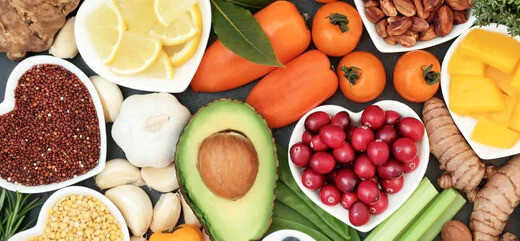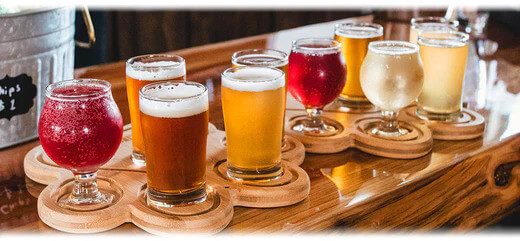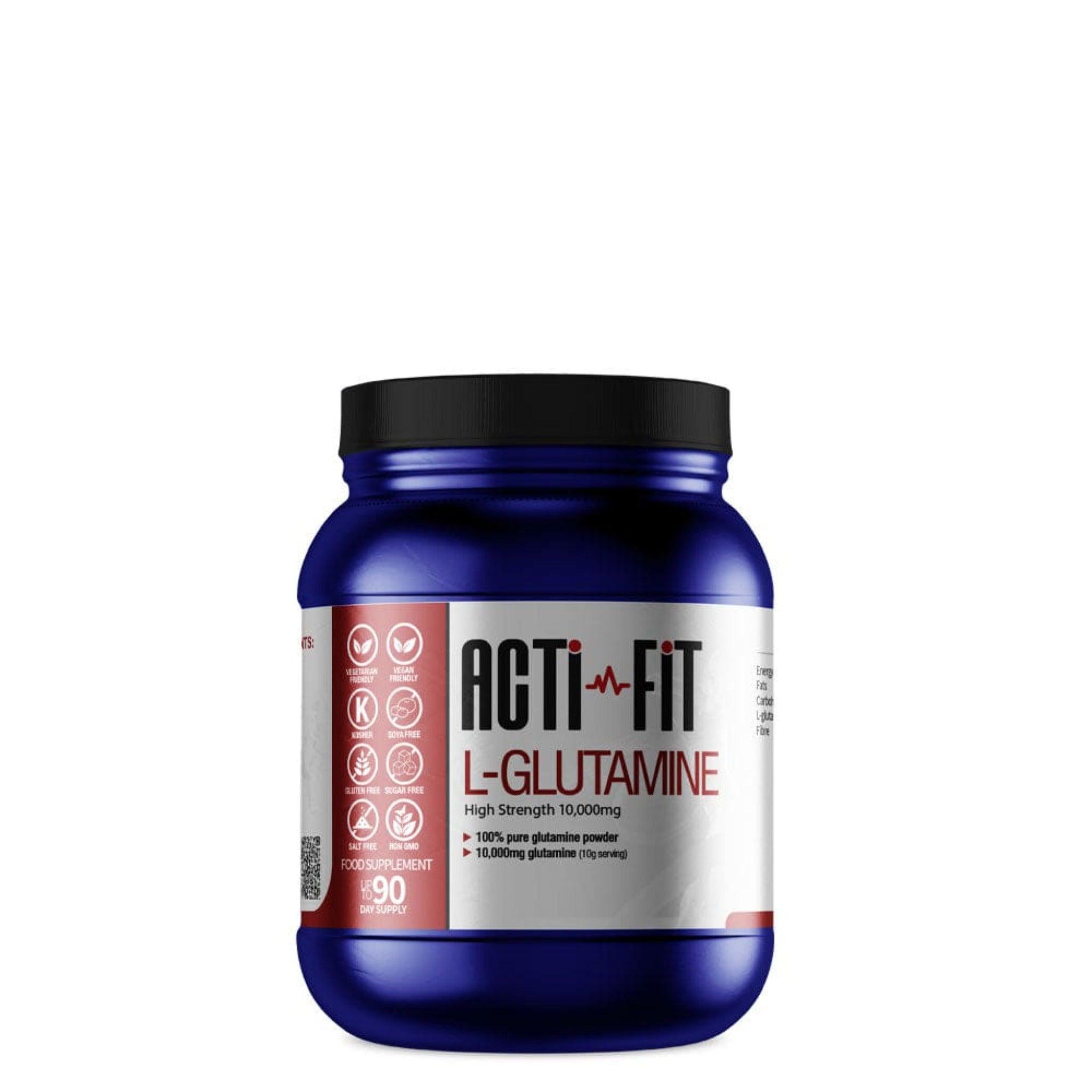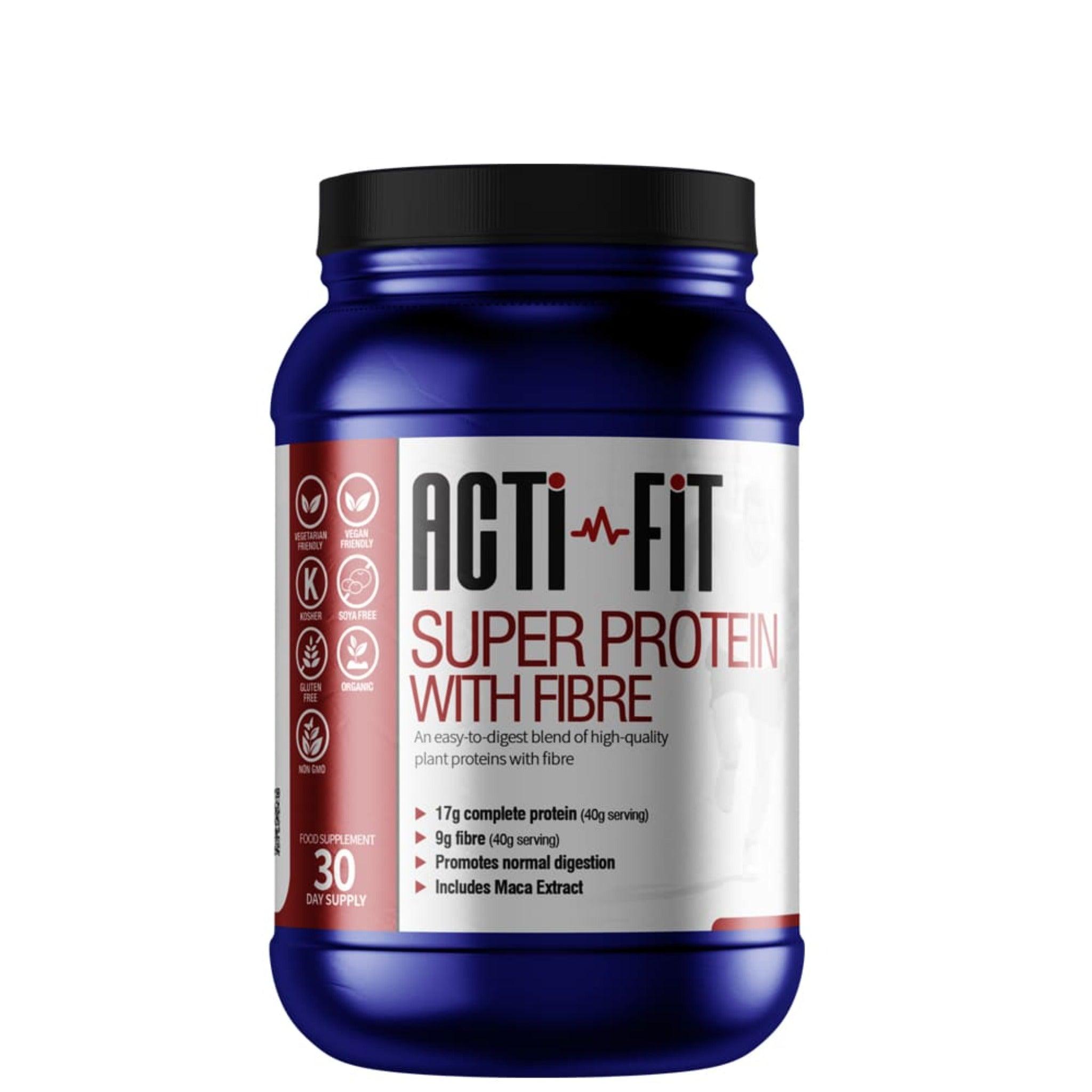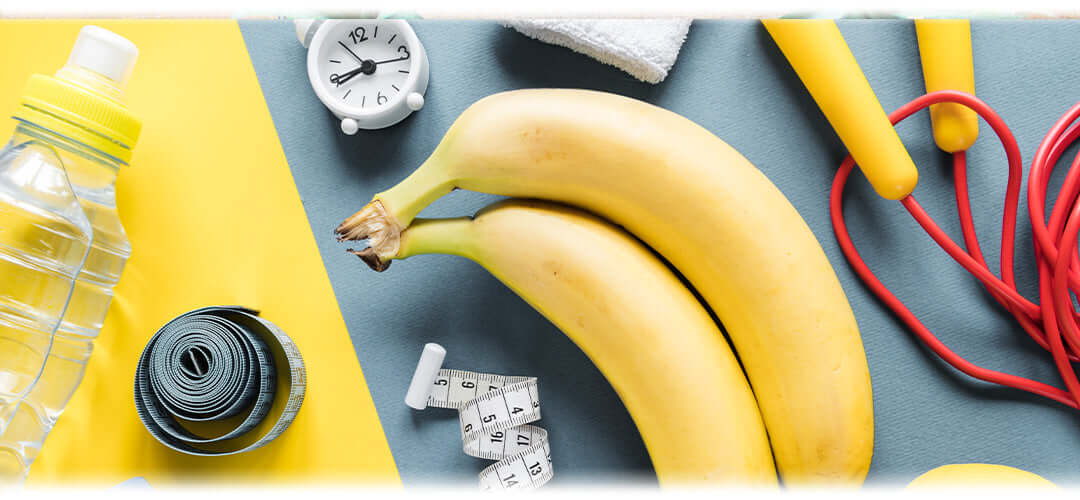
When it comes to your overall health and wellbeing, your physical fitness plays a crucial role.
Regular exercise is a key part of building and maintaining fitness, but your diet can also significantly impact your results.
Whatever your goals – whether you want to tone up, build muscle, increase stamina or maintain a healthy weight – the food you eat can help maximise your progress.
So, watching what you eat, incorporating more natural, wholefoods into your diet and cutting out the junk food and guilty pleasures will pay dividends.
Regardless of your level of skill or the sport you play, good nutrition can enhance your performance, help you compete harder for longer, and recover more quickly. Here’s why…
BENEFITS OF SPORTS NUTRITION
Sports nutrition is the practice of consuming the right types – and amounts – of food and drinks before, during and after you exercise to enhance your training and performance. It’s about fuelling and hydrating your body in the right way to achieve optimal results.
There are three basic principles to sporting success – exercise, nutrition and recovery. There is a delicate balance to strike between the three.
Focus too much on exercise and neglect the other two, and you run the risk of doing yourself an injury or undoing all your hard work in the gym by eating the wrong foods and gaining weight.
Overeating or eating the wrong type of foods without exercising can also hamper your progress and harm your performance when competing.
And if you neglect your recovery time or don’t eat the right foods to help replenish your muscles when they’re fatigued, and you won’t get the full benefits of a hard workout.
As well as enhancing your sporting prowess, good sports nutrition can improve your body composition, boost your strength, reduce your risk of injury, increase your concentration levels and help maintain healthy immune function.
It can also help you sleep better, feel less stressed and improve your mental health.
Sports nutrition is all about giving your body the fuel it needs to power through training or competing, but also to help it recover properly, repair itself and grow.
Get it right, and it will enhance your overall physical fitness, help you perform to your best and, crucially, boost your enjoyment.
THE BASICS OF SPORTS NUTRITION
Sports nutrition focuses on ensuring your body gets the optimal fuel and hydration to enable you to train, compete and perform better and recover more quickly after exercise.
It’s about eating the right balance of macronutrients (protein, carbohydrates and fat) and micronutrients (vitamins and minerals) for optimal training and recovery.
Hydration is also a key element of sports nutrition. Adequate fluid intake will prevent dehydration, which can impact your performance and damage your organs.
Your body can’t store protein, so eating small amounts at regular intervals is better than eating your recommended daily intake in one or two meals.
There are two types of fat, saturated and unsaturated. You should limit your intake of saturated fat, which is usually found in processed and junk food, and focus on including unsaturated fat in your diet. Good natural sources include oily fish, nuts, seeds, olive oil and avocado.
WHAT TO EAT BEFORE YOU WORK OUT
Pre-workout sports nutrition is all about helping your body maximise your performance and minimise muscle damage to recover quicker. So, fuelling your body with the right nutrients before exercise is essential. To maximise the results of your training or competition, you should aim to eat a full meal containing carbs and protein, plus a little bit of fat, two to three hours before you start.
These meals could include grilled chicken or fish with steamed veg or a side salad, scrambled eggs on wholegrain toast or a lean protein with brown rice or pasta. Add in a cup of berries or a banana if you want something sweet. If eating a larger meal two to three hours before working out is not possible, you should aim to eat easy to digest carbs and protein 45-60 minutes before you start your physical activity. This will help prevent any stomach discomfort during exercise.
Ideas for pre-workout snacks include a protein smoothie, wholegrain cereal and milk, porridge topped with fresh fruit and nuts, Greek yoghurt with fruit and honey, or a protein bar. Don’t forget to drink at least two glasses of water before working out, as it will help you stay hydrated while exercising.
WHAT TO EAT AFTER YOU WORK OUT
After your workout, it’s essential to eat the right nutrients to help your body replenish its glycogen stores and repair its muscle proteins. Protein helps repair and build muscle, while carbs aid recovery. So, a post-workout meal of simple carbs and lean protein will help your body decrease muscle protein breakdown, increase muscle protein growth, restore your glycogen stores and enhance your recovery.
For maximum benefit, aim to eat your post-workout meal within 45 minutes of exercising. Good post-workout meals include grilled chicken with roasted vegetables, a three-egg omelette on wholegrain toast, salmon with sweet potato, tuna salad with olives or hummus and pitta bread.
If you’re in a rush, a post-workout smoothie made with milk, protein powder, and bananas can also give you the nutrition you need to start recovering. Again, don’t forget to rehydrate – your body loses a huge volume of fluids while exercising, so replacing them quickly will help aid your post-workout recovery.
Check out these links to our product and collection pages to find out more:
- Adult Weight Management
- Sports and Fitness
- Adult Immunity
- Nerves, Relax, Stress and Sleep
- Vitamins and Minerals
- Solstic Energy
- Omegas
- Chocolate and Hazelnut Protein Shake
- Red Berry Pea Protein Shake


